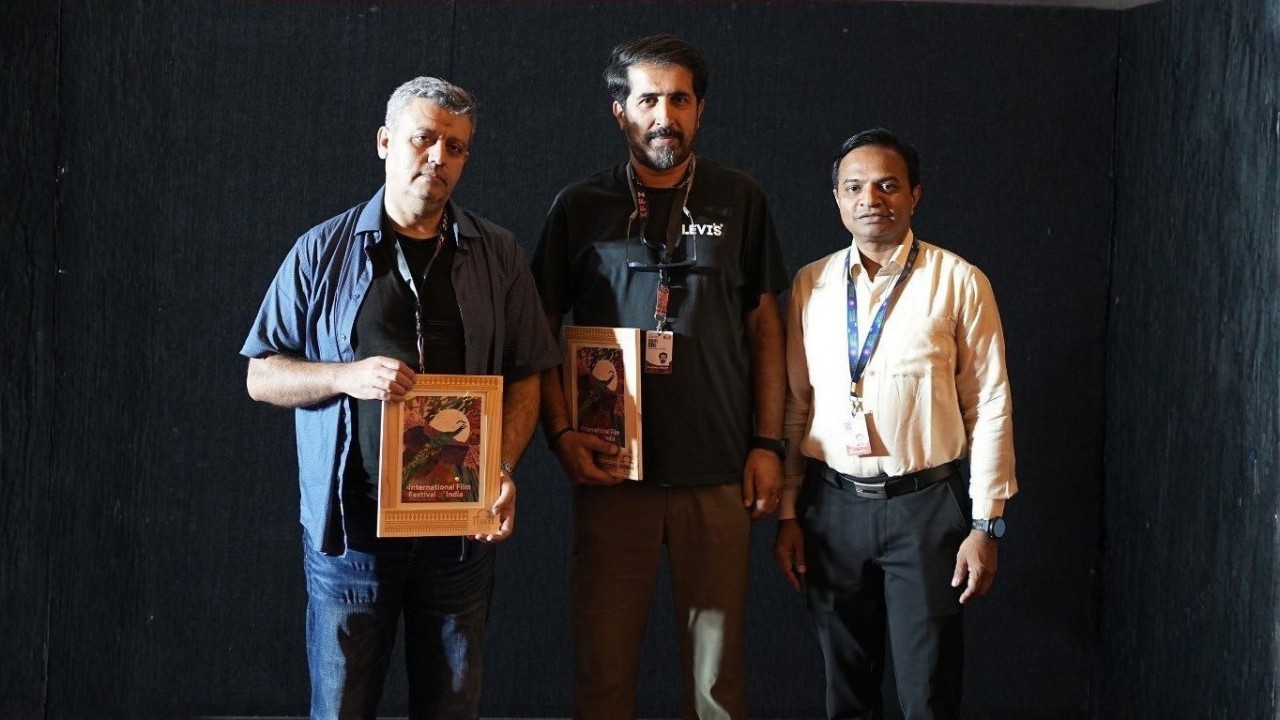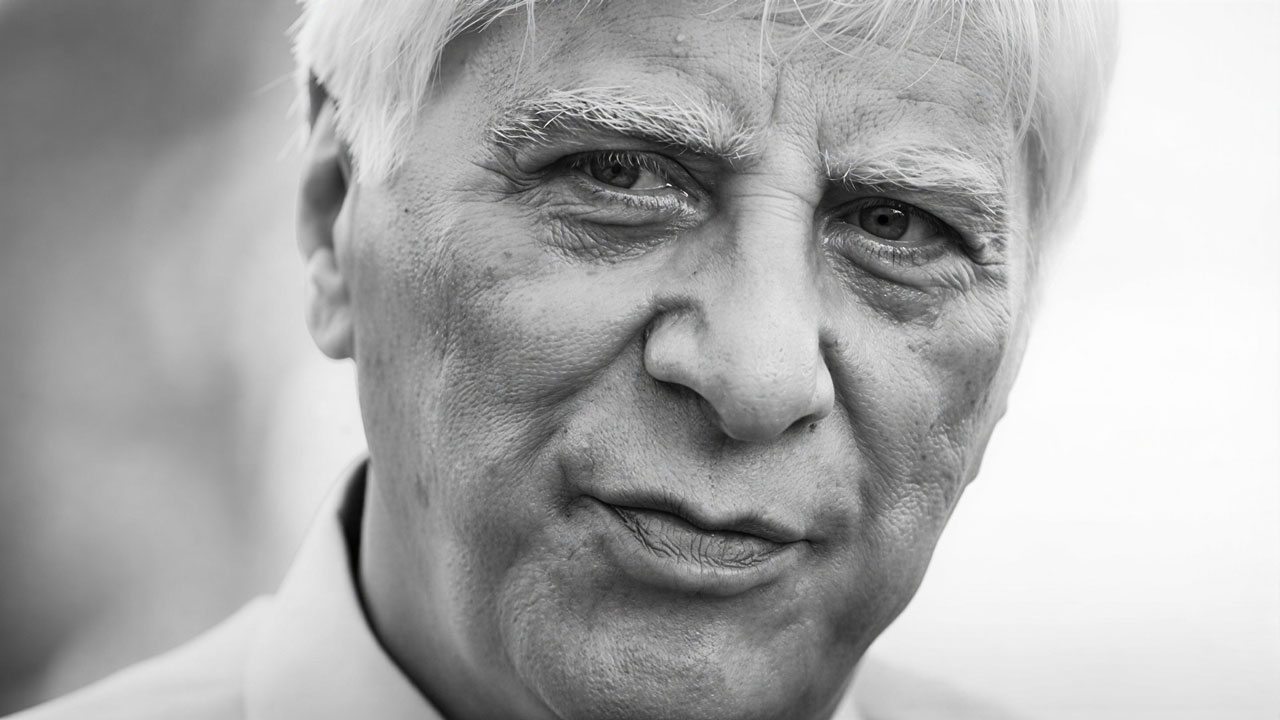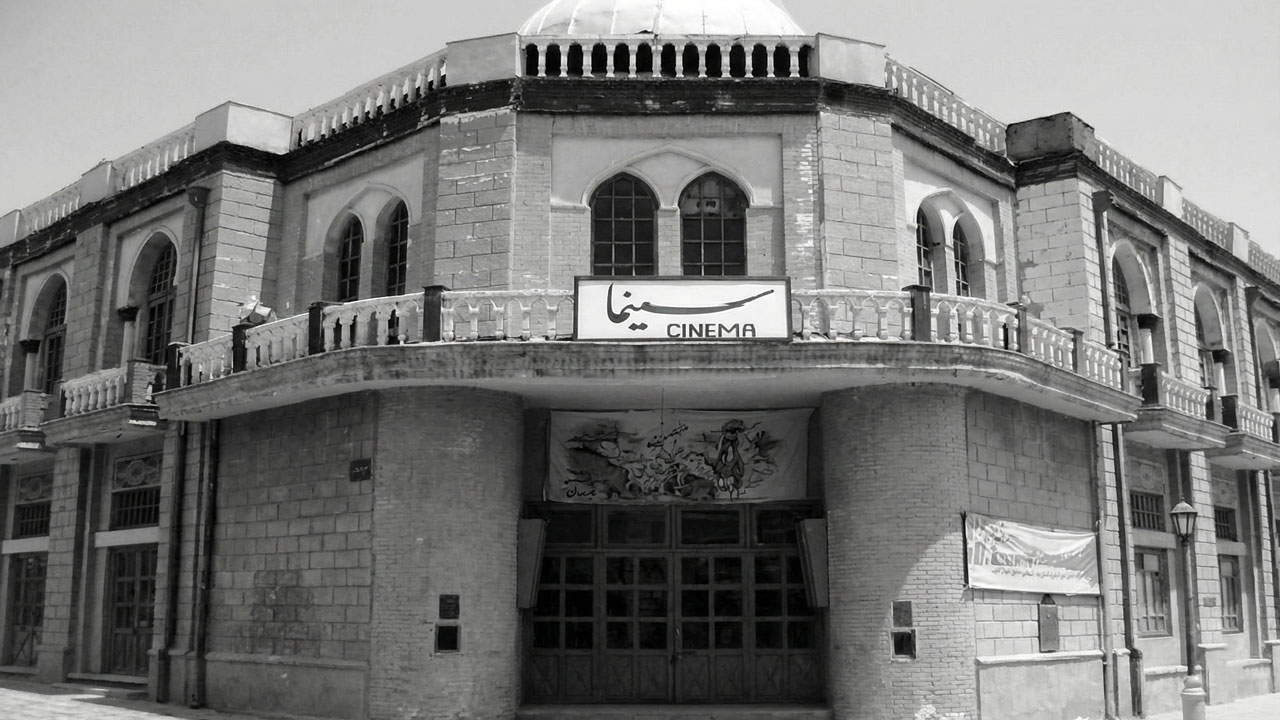
Andreas Ungerböck’s Review on AMP
Andreas Ungerböck, in his review for AMP, writes about the film My Daughter’s Hair (Raha), noting that Hesam Farahmand, in his first feature film, tells a deeply “moral” story reminiscent of internationally acclaimed Iranian cinema (such as the works of Abbas Kiarostami, Jafar Panahi, and Asghar Farhadi). He emphasizes that such a story could only emerge from Iranian cinema.
Ungerböck explains that the events in the film initially resemble a chaotic comedy until the story takes a tragic turn. This transition is so natural that the audience accepts the slow-building spiral of madness. He notes that the director and screenwriter combine a quasi-neorealist premise (who wouldn’t think of Vittorio De Sica’s “Bicycle Thieves” when confronted with a story about a stolen laptop?) with elements of genre cinema and a melodramatic noir infused with strong suspense.
Veronika Nolichedl’s Review on Taxidriver
Veronika Nolichedl, writing for Taxidriver, states that Farahmand’s debut film examines the tension between justice and necessity, between what is lost and what remains. She describes My Daughter’s Hair (Raha) as an astonishing, mature, and intimate work built within the framework of a domestic drama—one that evolves into a universal reflection on the act of “repair,” something that extends beyond materiality and intertwines with morality and emotion.
The Position of My Daughter’s Hair (Raha) in Contemporary Iranian Cinema
Nolichedl notes that the film stands between intimacy and social critique, following the path of new Iranian cinema that portrays everyday life as a landscape of political and spiritual tension. She emphasizes that Farahmand does not film poverty as condemnation, but rather as a moral space where reality confronts conscience. Without rhetoric—only truth. In a society where feminine beauty is still treated as a commodity or a form of shame, the film takes a radical step.
Performances and Craft
She praises the outstanding performance of Shahab Hosseini as a desperate father, noting the impressive acting of Zoha Esmaeilifar and Ghazal Shakeri. According to her, cinematographer Roozbeh Raiga remains close to the characters, heightening the melodramatic impact, while Fardin Khalatbari’s music reinforces the emotional tension without becoming intrusive.


